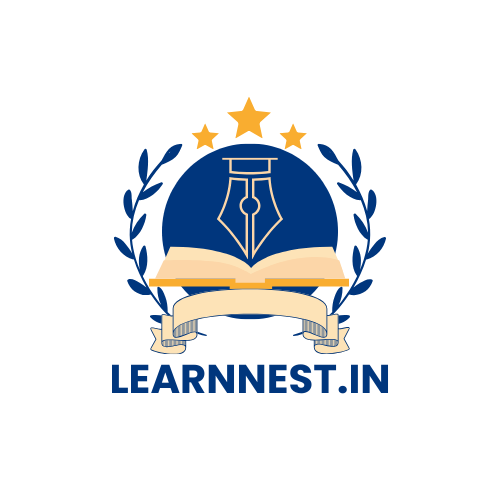States after the Maurya Empire Q & A
Q.1. Can you tell ?
(1) The kings who started the minting of gold coins in India.
Ans: The Kushana kings.
(2) The city established by Kanishka in Kashmir.
Ans: Kanishkapur.
(3) The king who played the veena.
Ans: Samudragupta.
(4) Another name for Kamrup.
Ans: Pragjyotish.
Q.2. Observe the map in the lesson. List the names of the modern cities which were part of the Gupta Empire.
Q.3. Discuss and write:
(1) Emperor Kanishka
Ans: Kanishka’s Empire extended from Kabul in the west to Varanasi in the east, Gold and copper coins minted by him have been found in North India, even the fourth Buddhist council was held in Kashmir during his reign and He established the city of Kanishkapur in Kashmir.
(2) Iron pillar at Mehrauli
Ans: There is an iron pillar at Mehrauli near Delhi, It has not rusted even in the course of the last fifteen hundred years, It is an excellent specimen of the metallurgical skill of the ancient Indian people and the inscription on the pillar bears the names of a king called ‘Chandra’, it is on this basis that the iron pillar is assumed to be of the period of Chandragupta II.
Q.4. Make a list of the various books and authors mentioned in the lesson:
Ans: The various books and authors mentioned in the lesson:-
- ‘Milind Panha’ – questions discussed between Milinda and Bikkhu Nagarsena.
- ‘Buddhacharita and Vajrasuchi’ – Ashvaghosh
- ‘Harshacharita’ – Banabhatta.
- ‘Periplus of the Erythrean sea’.
Q.5. Make a comparative chart of the Vardhan and Gupta dynasties based on the following points.
Ans:
Points | Gupta Dynastry | Vardhan Dynastry |
Founder | Shrigupta | Prabhakar Vardhan |
Expansion of the kingdom/ empire | The Gupta empire spread from Assam to Punjab.He also conquered the eastern coastal region upto Kanchi Tamil Nadu. | Harshavardhan, expanded the Vardhan Empire upto Nepal in the north, up to the river Narmada in the south, Assam in the east and Gujarat in the west. |
Achievements | (1) A pillar inscription at Prayag describes Samudragupta conquest and victories. (2) He minted coins. (3) There is an iron pillar at Mehrauli near Delhi which has not rusted even after a course of last fifteen hundred years. | (1) Trade flourished. this as the famous Nalanda University existed during this time. (3) He wrote three Sanskrit plays Ratnavali, Naganand and Priyadarshika. |
Q.6. What would you do if you met foreign travellers like Yuan Chwang?
Ans: If I met foreign traveller so i would extend my friendship and try to grasp information from his vast knowledge. Probably I would also accompany him to Nalanda University. I would also emulate his virtues, learnt Chinese (Mandarin) and would help him in translating Buddhist manuscripts.
Q.7. Solve the Puzzle:
Ans:
Down:
- Fa-Hien
- Milind
- Banabhatta
- Malwa
Across:
- Panhai
- Menander
- Coin
- Nalanda
